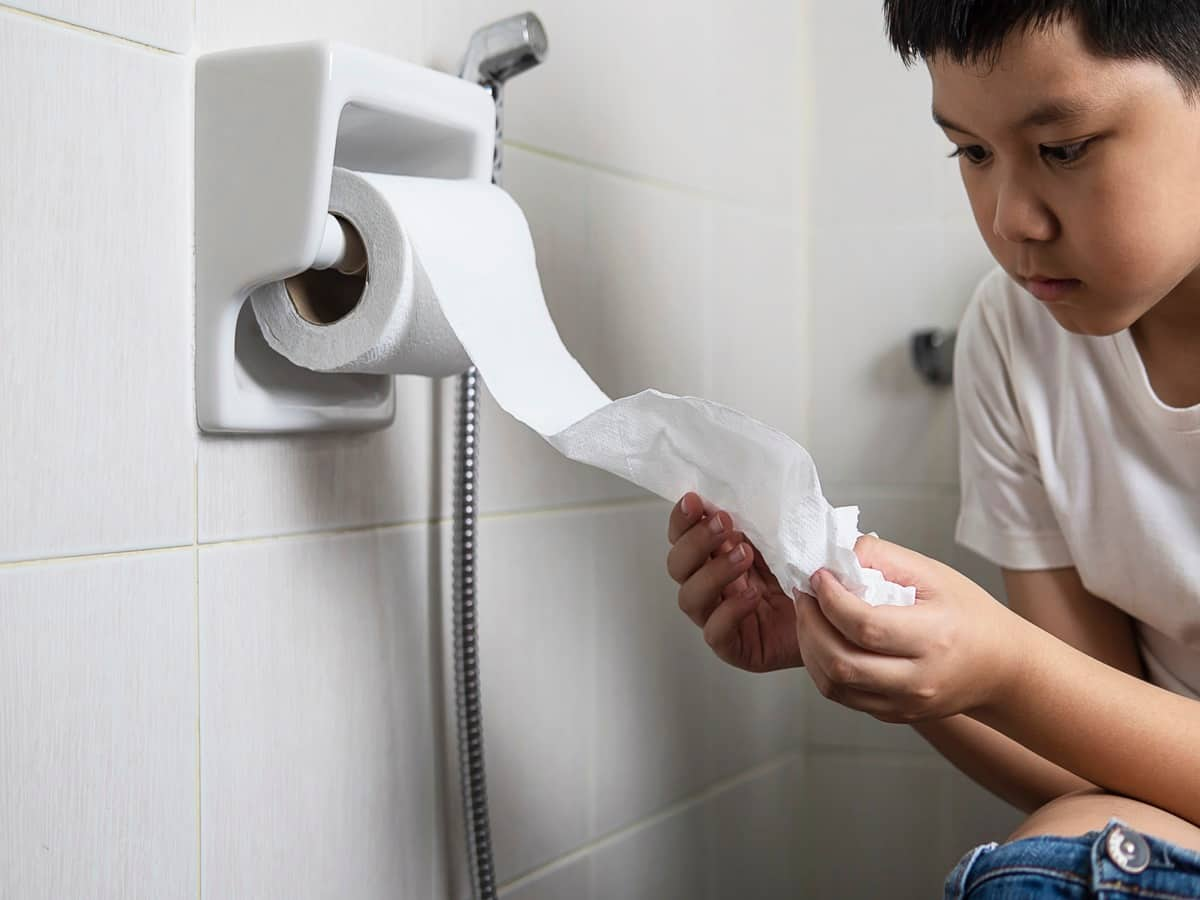Share this @internewscast.com

Lancet study says that Rotavirus peaks in the late winter months and typically affects children and babies. Adults may also contract it if they are exposed to the virus in any way.
You never know where you may contract virus or bacteria that can cause diarrhoea. Yes, it is common knowledge that diarrhoea may occur more during the summer and monsoon season however, winters are not one hundred percent excluded. Typically diarrhoea is caused by parasites, bacteria, virus, lactose intolerance or other digestive issues. During the summer months, people usually contract bacterial diarrhoea and during the winter and dry months a virus called rotavirus is more prevalent and may cause dirrhhoea in children and adults. Symptoms in children may be more severe than compared to adults. Rotavirus has been termed as a seasonal infection by experts from The Lancet Planetary Health. According to them, it typically peaks during the late winter months and is most common among babies and children.
Diarrhoea caused by the cold and dry winter months may be dangerous. The cause of the symptoms may be difficult to detect. Do not mistake your symptoms with common viral disease as this could lead to wrong diagnosis. The main symptoms of cold diarrhoea are fever, loose motions and stomach pain.
What Is Rotavirus?
Rotavirus is more prevalent in the cold and dry months. It spreads when a person does not follow proper hygiene. A person can come in contact with it orally or through a foecal route or from contaminated food and water. This virus is known to be able to live on the surface on objects for a long time. Children are more prone to it because they tend to be careless with their toys and may even put them in their mouth which will cause the virus from the object to enter their bodies.
Prevention Tips Against Winter Diarrhoea
Winter season may aggravate the risks of contracting diarrhoea:
- Make sure to sanitise and clean the surfaces of your house every week, especially for your children.
- Make sure to wash your hands properly before eating.
- Try not to consume food from outdoors as you never know if the food is contaminated.
- Do not drink water from untrustworthy places.
- Consume a high calorie diet.
- Exercise daily to keep your body and immune system active.
- Drink lukewarm water in the morning right after waking up.
- Hydrate by drinking at least two litres of water every day.
- Drink water by adding rock salt and lemon in it.
- Eat citrus fruits.













